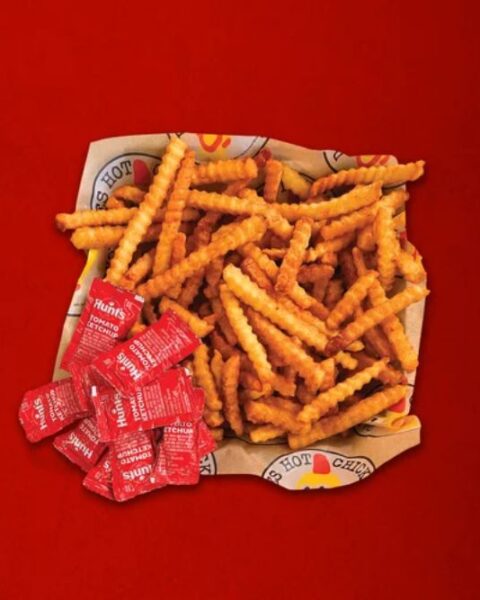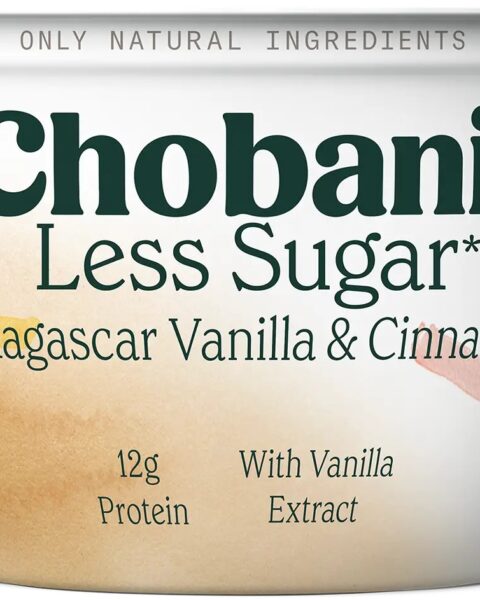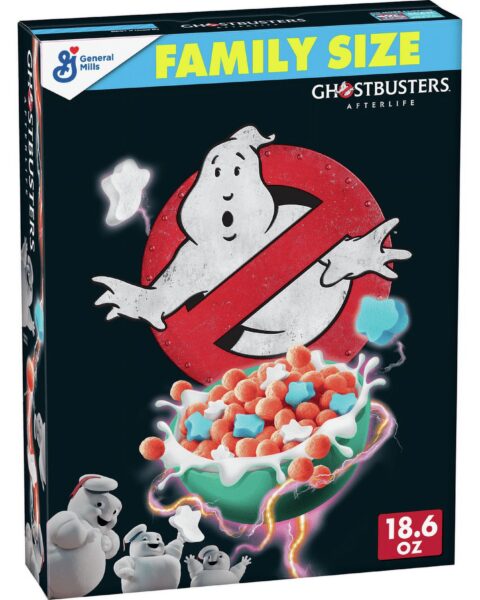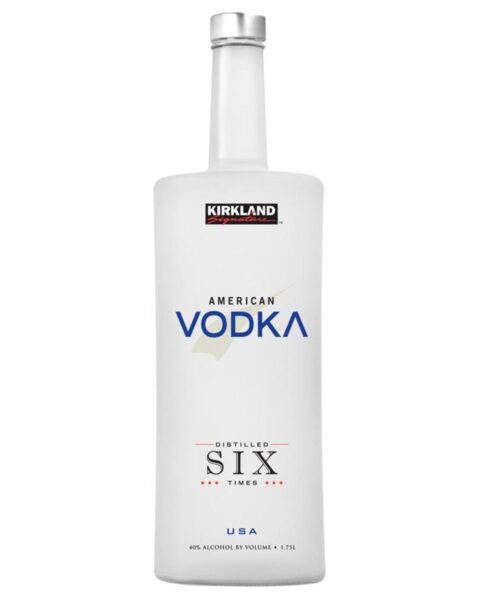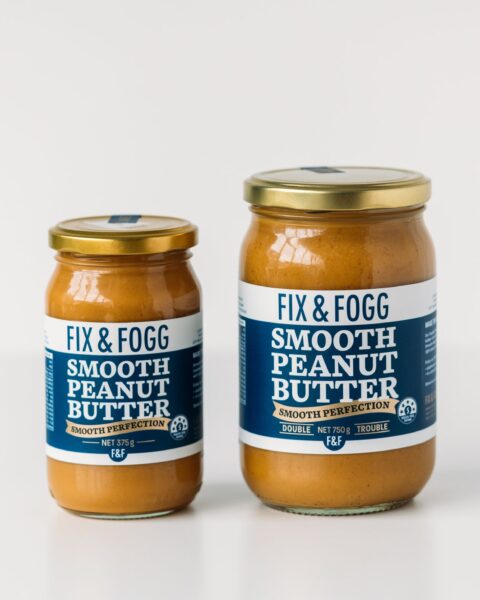When it comes to stocking your kitchen, it’s helpful to know which foods have a longer shelf life than you might think. Many items we often throw away too soon could actually last much longer with proper storage. This knowledge can help you reduce waste, save money, and ensure you always have something on hand when you need it. Discover some of the surprising foods that can last longer than expected, making your pantry more efficient and sustainable.
Contents
Honey

Honey is one of the longest-lasting foods you can have in your pantry. Thanks to its natural antibacterial properties and low moisture content, it can remain safe to eat indefinitely if stored properly. Over time, honey may crystallize, but this doesn’t mean it has gone bad. Simply warm it gently to return it to a liquid state.
Rice
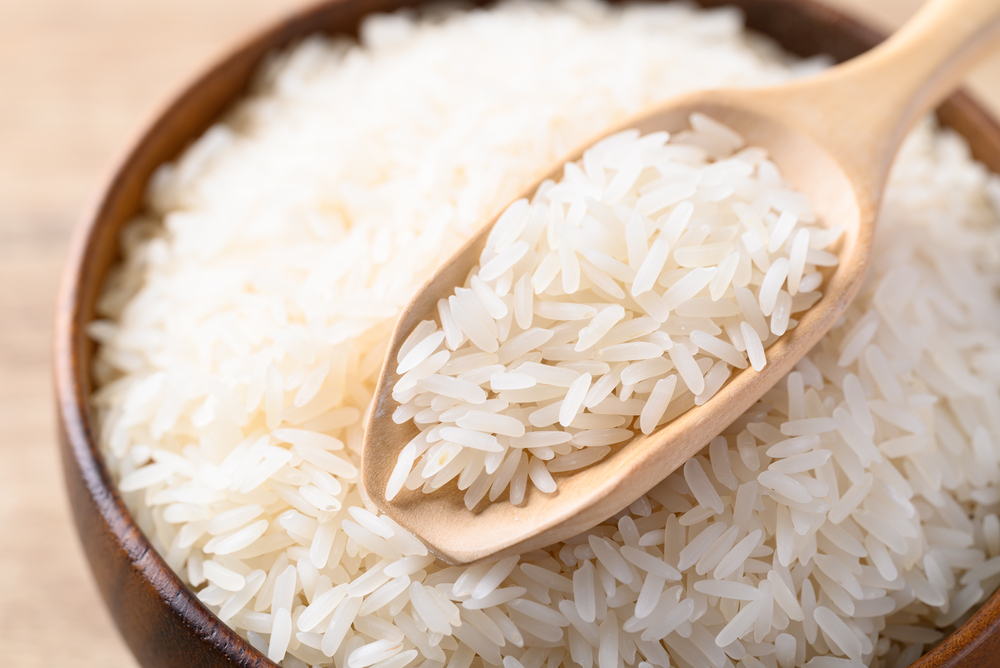
White rice, in particular, can last for years when stored in a cool, dry place. Its low moisture content and lack of oils make it a durable staple. Brown rice has a shorter shelf life due to its higher oil content but can still last several months if stored properly. Vacuum-sealed packaging can further extend its shelf life.
Dried Beans
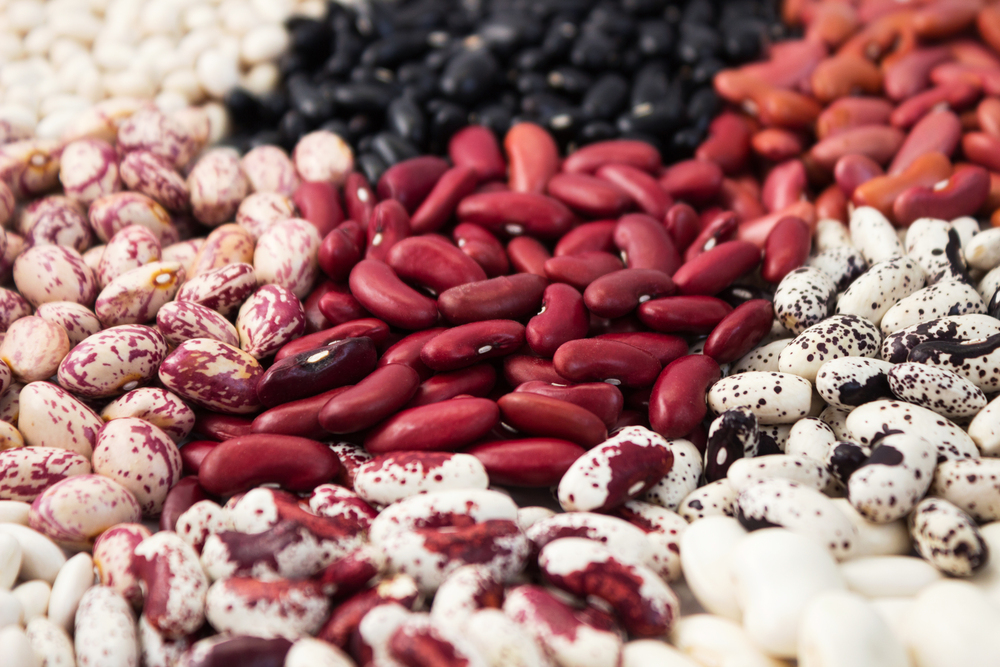
Dried beans are another pantry staple known for their longevity. When kept in a cool, dry environment, they can last for years without losing nutritional value. Over time, they may take longer to cook, but they remain safe to eat. Proper storage in airtight containers can prevent them from absorbing moisture and pests.
Canned Goods
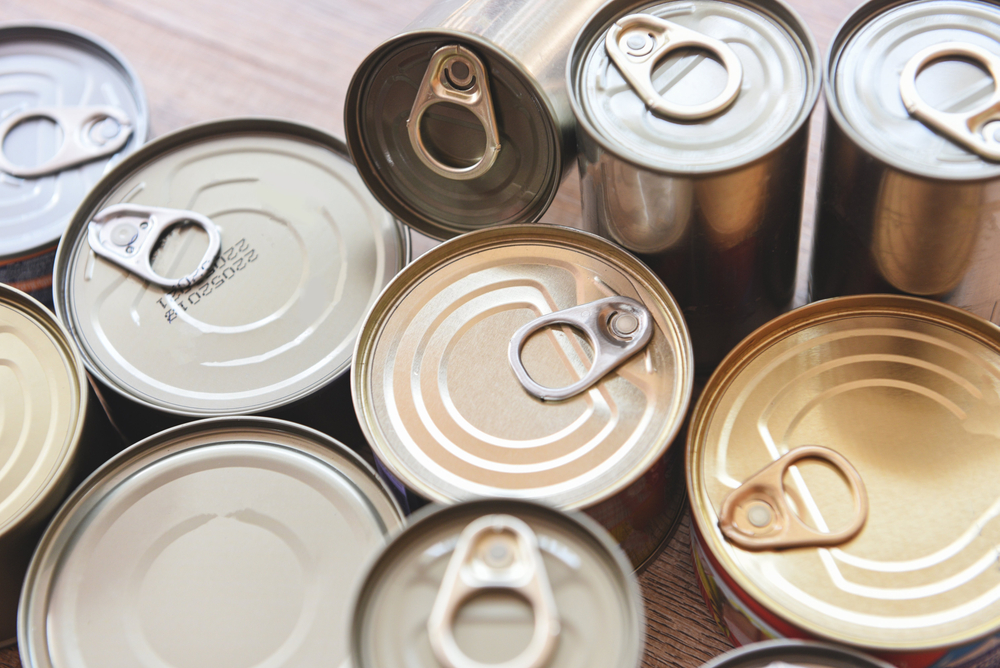
Canned foods like vegetables, fruits, and meats can last several years beyond their expiration dates if stored in a cool, dry place. The canning process preserves the contents and prevents bacterial growth. As long as the cans are intact and not bulging or rusted, the food inside should be safe to consume. Always check for any signs of spoilage before eating.
Hard Cheeses
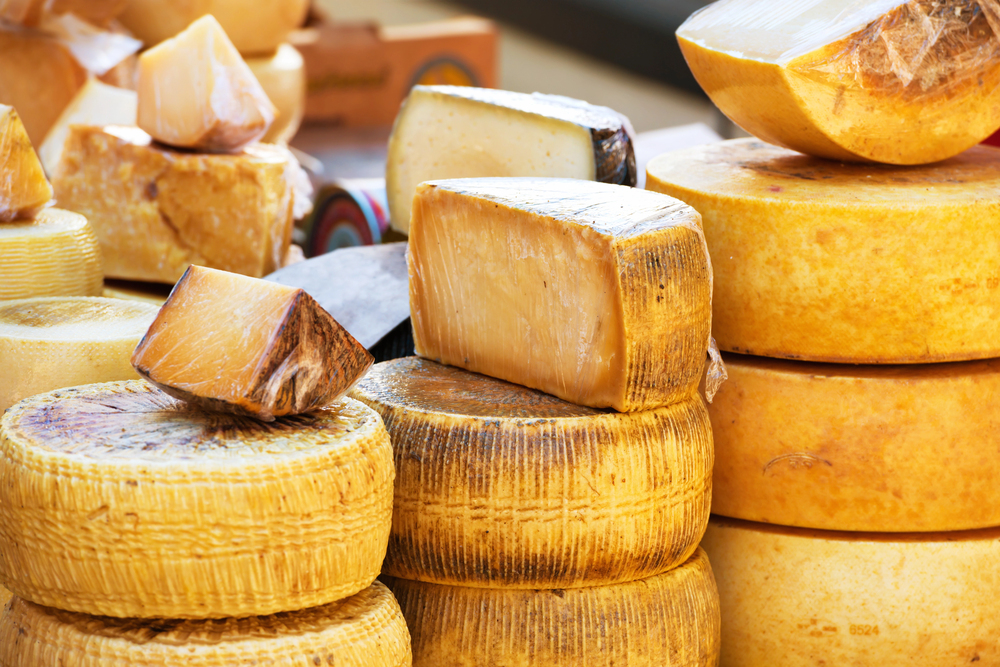
Hard cheeses like Parmesan and aged cheddar have a long shelf life due to their low moisture content. They can last for months in the refrigerator and even longer if vacuum-sealed. Mold on the surface can be cut off, and the rest of the cheese can still be safely consumed. Proper wrapping and storage can help extend their freshness.
Dark Chocolate
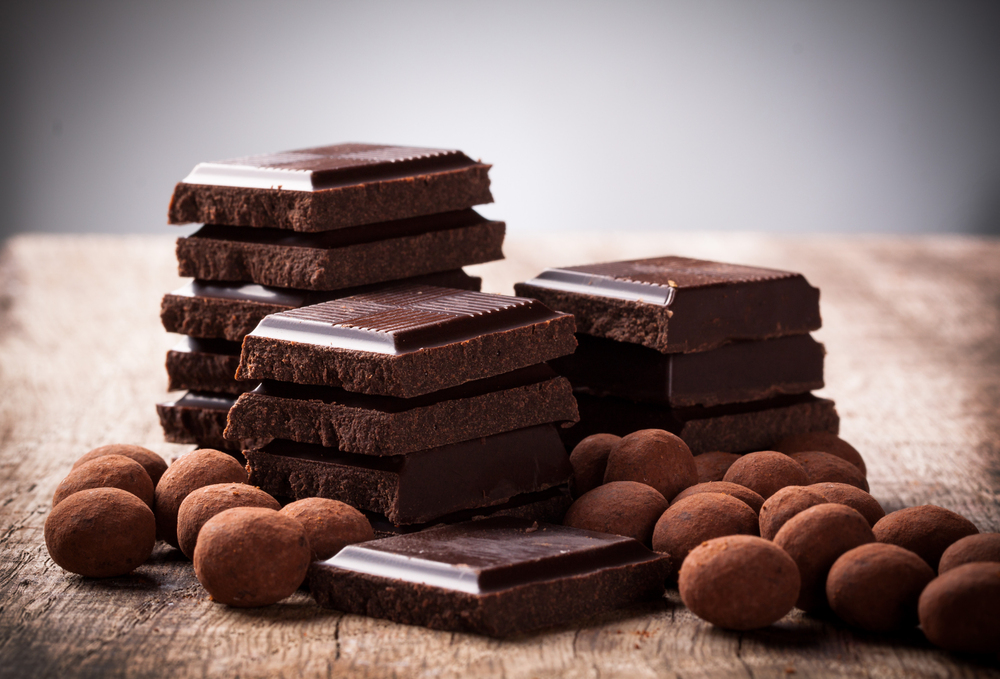
Dark chocolate has a longer shelf life compared to milk chocolate due to its lower dairy content. When stored in a cool, dry place, it can last for years without significant quality loss. Over time, it might develop a white film called bloom, which is harmless and can be removed. Keeping chocolate away from heat and light preserves its flavor and texture.
Soy Sauce
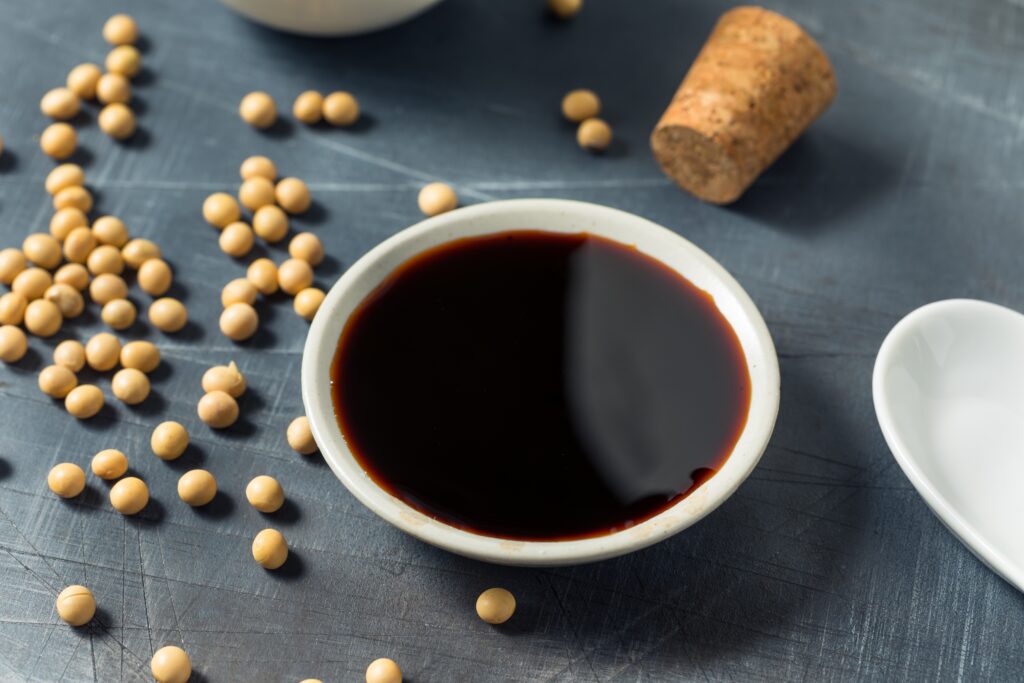
Soy sauce is a fermented product that can last indefinitely if kept in a cool, dark place. Its high salt content acts as a preservative, preventing bacterial growth. Once opened, it can last for years in the refrigerator. The flavor may change slightly over time, but it remains safe to use.
Vinegar

Vinegar, especially distilled white vinegar, has an indefinite shelf life. Its acidic nature prevents the growth of bacteria and mold. Over time, it may develop a cloudy appearance or sediment, which is harmless and doesn’t affect its safety. Vinegar is versatile in cooking and cleaning, making it a valuable item to keep in your pantry.
Pasta
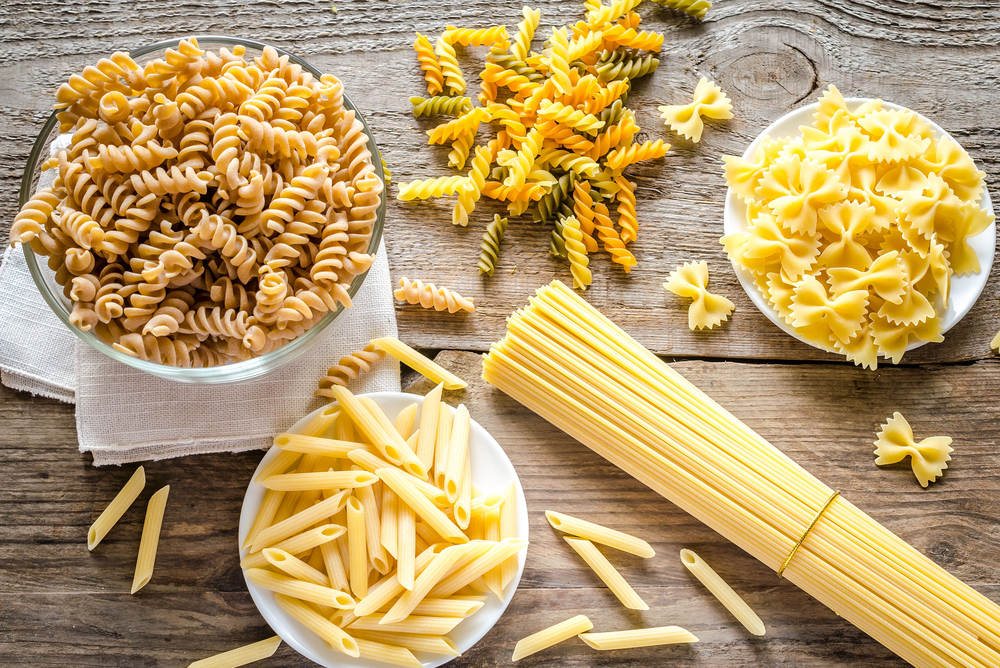
Dry pasta can last for years when stored in a cool, dry place. Its low moisture content makes it resistant to spoilage. While the texture may change slightly over time, it remains safe to eat. Sealing it in airtight containers can further prolong its shelf life and keep it free from pests.
Sugar
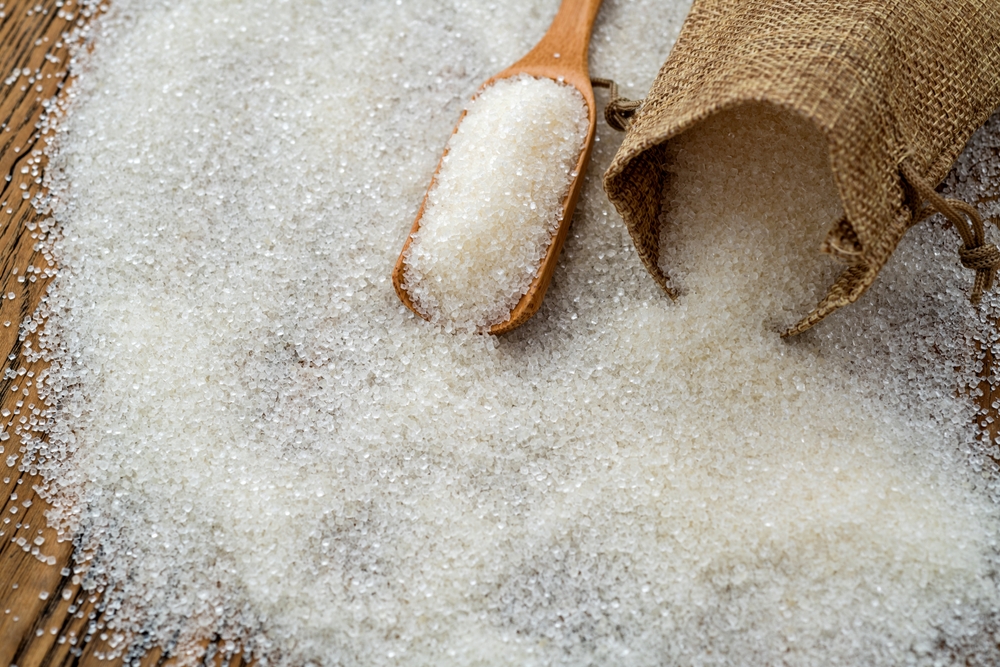
Both white and brown sugar can last indefinitely if kept free from moisture and contaminants. Sugar’s low moisture content makes it a poor environment for bacteria and mold. Over time, brown sugar may harden, but it can be softened by adding a slice of bread or apple to the container. Proper storage in airtight containers keeps it fresh.
Salt
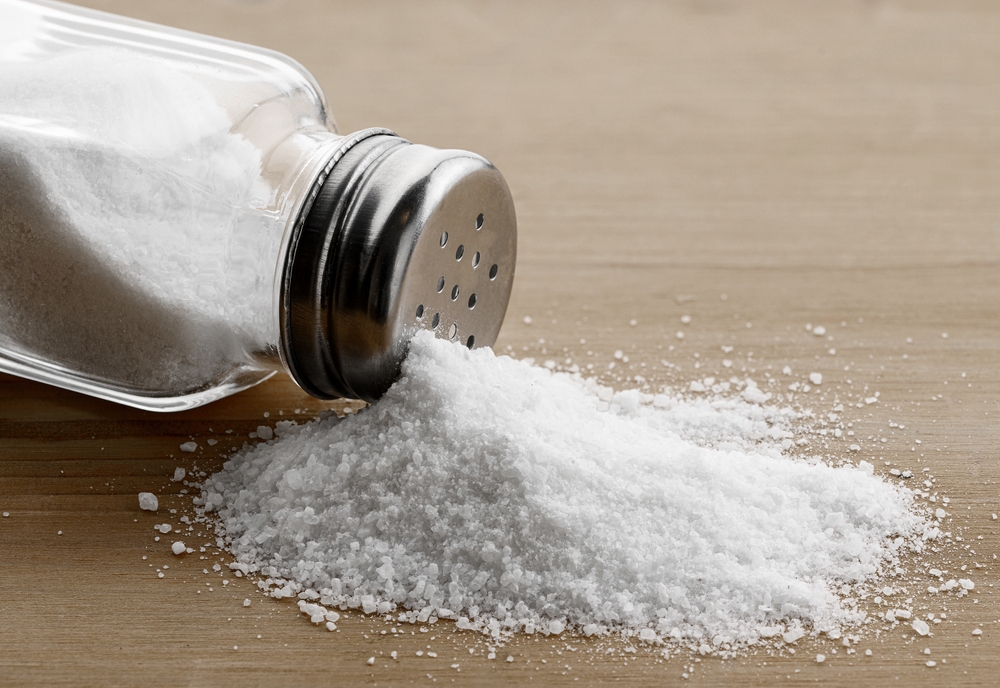
Salt, particularly table salt, can last forever if kept dry. Its preservative qualities have been known and utilized for centuries. Moisture is its only enemy, causing it to clump and lose its free-flowing nature. Storing it in a cool, dry place ensures it remains usable indefinitely.
Instant Coffee
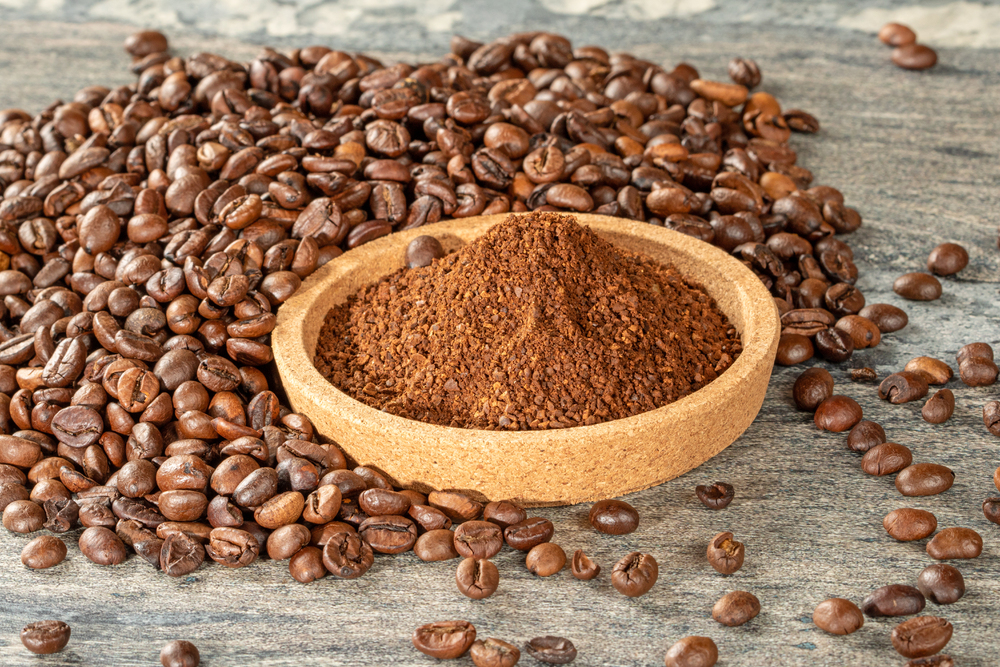
Instant coffee has a surprisingly long shelf life due to its low moisture content. When stored in a cool, dry place, it can last for years without losing its flavor. Once opened, keeping it sealed tightly will prolong its freshness. This makes it a convenient backup for your caffeine needs.
Ghee
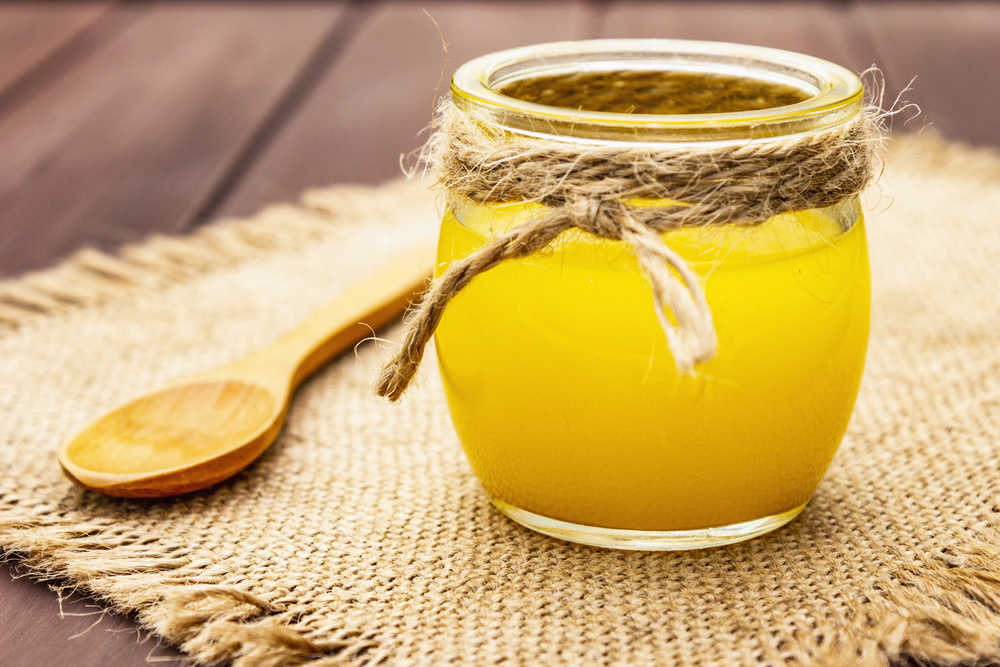
Ghee, or clarified butter, has a much longer shelf life than regular butter due to the removal of milk solids and water. It can last for months at room temperature and even longer when refrigerated. Its high smoke point and rich flavor make it a versatile cooking fat. Proper storage in an airtight container keeps it fresh.
Peanut Butter
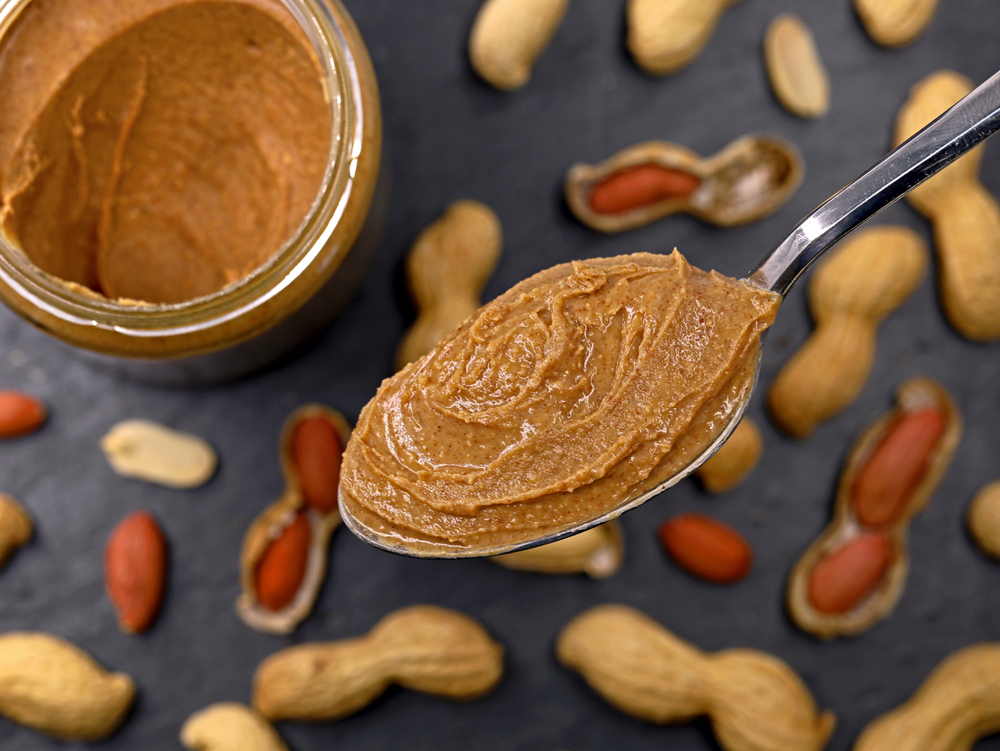
Commercially processed peanut butter can last for a year or more beyond its expiration date if unopened and stored in a cool, dry place. The high oil content helps preserve it, though natural separation may occur. Stirring it back together restores its consistency. Refrigeration can further extend its shelf life.
Powdered Milk
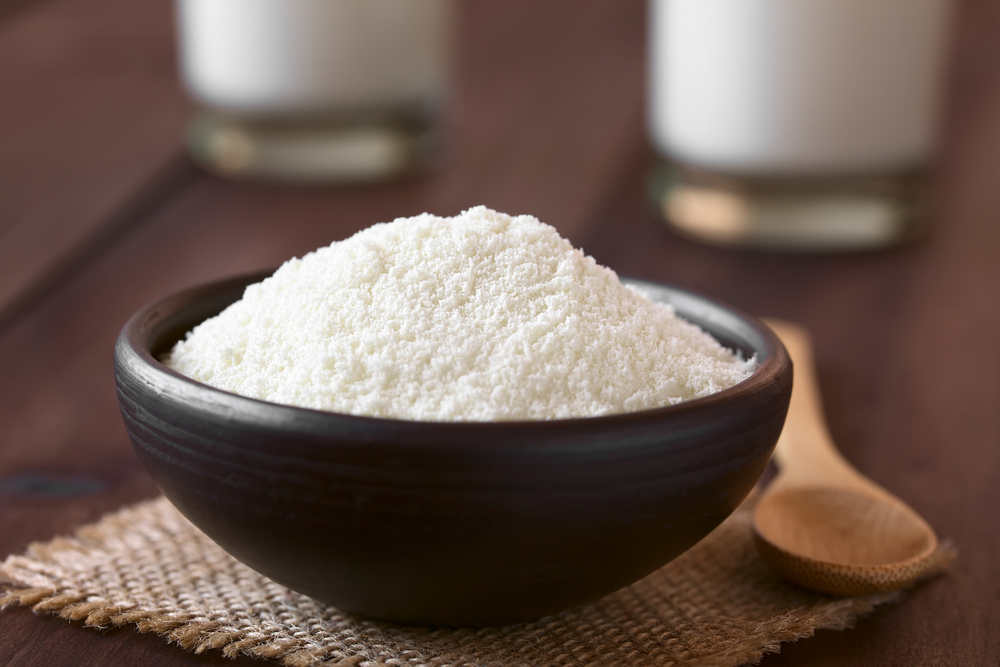
Powdered milk can last for several years when stored in a cool, dry place. Its low moisture content prevents spoilage, making it a reliable dairy alternative. Once reconstituted, it should be used within a few days. Keeping it in airtight containers maintains its freshness and prevents clumping.
This article originally appeared on RetailShout.
More From RetailShout
15 Foods You Can Save Big On by Making at Home
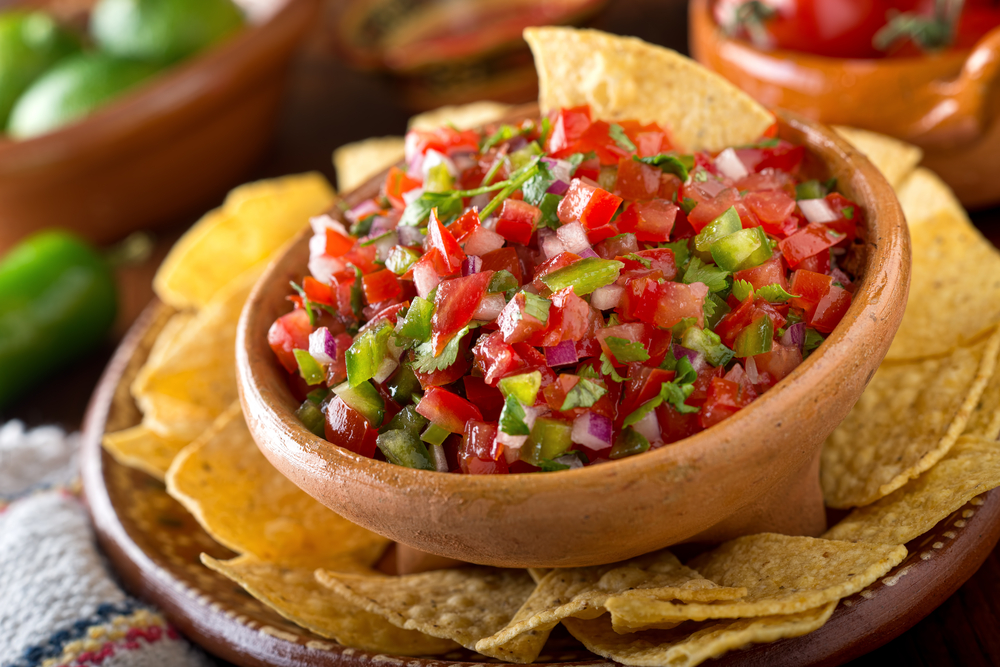
Eating out can be a fun treat, but it often comes with a hefty price tag. Many popular foods can be made at home for a fraction of the cost, without sacrificing flavor or quality. Read More.
15 Superfood Powders to Add to Your Smoothies
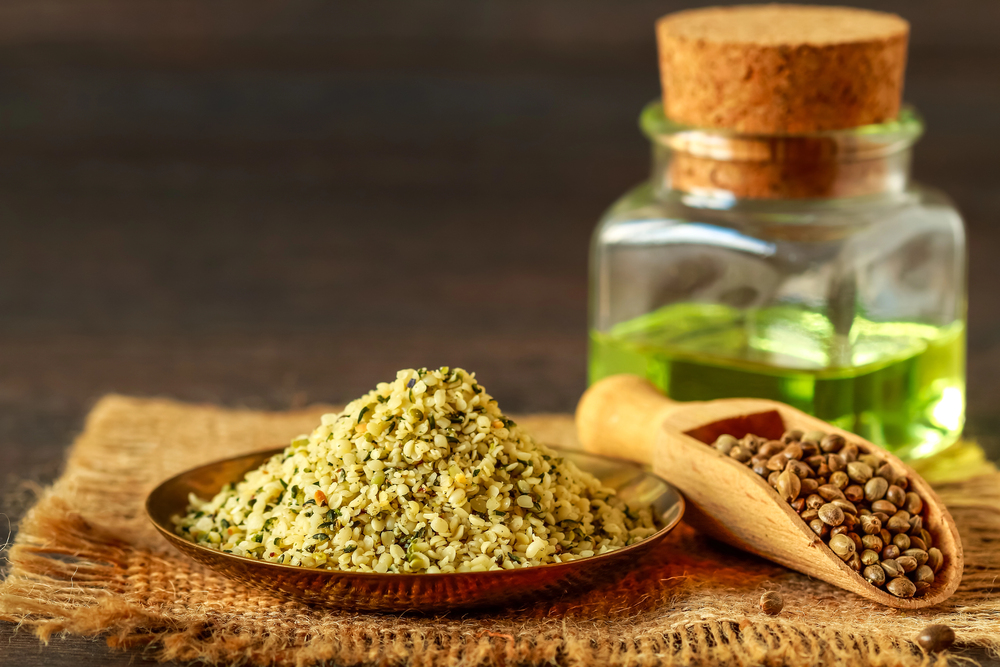
Adding superfood powders to your smoothies is an easy way to boost their nutrition without much effort. These nutrient-dense powders pack a punch, offering everything from antioxidants to vitamins and minerals. Read More.
15 Aldi Breakfast Items to Start Your Day Off Right
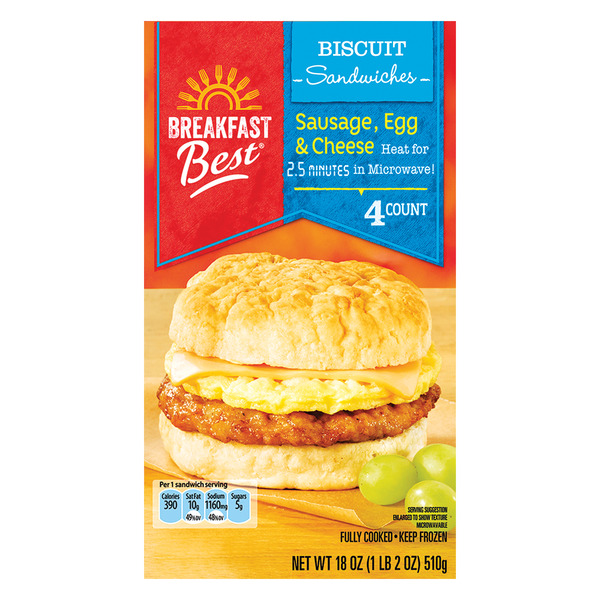
Mornings are hard enough without the added stress of deciding what to eat. Maybe you have to get the kids out the door, juggle that first Zoom meeting, or simply resist the snooze button for the third time. Read More.


